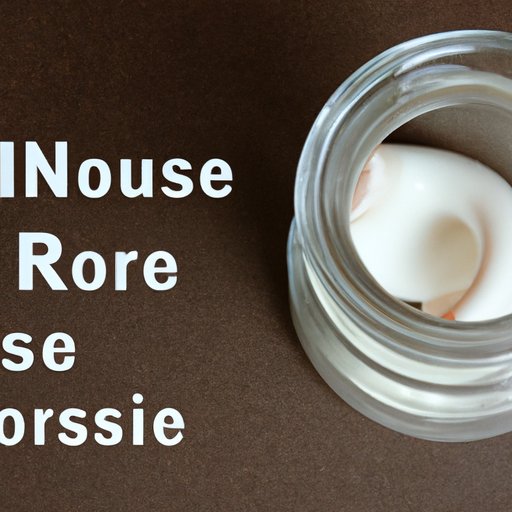
Introduction
Stuffy nose, also known as nasal congestion, can be a source of discomfort and annoyance, making it difficult to breathe normally. Different factors such as allergy, infection, and weather changes can cause nasal congestion. It is essential to be aware of ways to relieve congested airways naturally as over-reliance on medication may have side effects. This article explores various natural remedies, lifestyle adjustments, and over-the-counter options for relieving nasal congestion.
Understanding Stuffy Nose
Nasal congestion refers to the blockage or obstruction of the air passages in the nose caused by inflammation or swelling of the lining due to an allergic reaction or infection. Allergens, infections, irritants, and weather changes are some factors that can result in nasal congestion. Nasal congestion can cause headaches, facial pressure, and breathing difficulties. It is essential to address the causes of the stuffy nose apart from treating the symptoms to prevent recurrence.
Natural Remedies for Nasal Congestion
Natural remedies, also known as alternative therapies, are non-medical interventions that can help alleviate the symptoms of nasal congestion. Steam inhalation, eucalyptus oil, and nasal irrigation are excellent natural remedies for nasal congestion. Steam inhalation involves inhaling hot steam to clear the passages and reduce inflammation. Eucalyptus oil has decongestant properties that help clear the air passages, while nasal irrigation involves flushing out accumulated mucus in the nasal passages. These remedies work effectively and can be used together for optimal results.
Foods That Can Help Relieve Nasal Congestion
Foods contain vitamins and minerals that can help reduce inflammation and clear up congested airways. Incorporating the following foods into your diet can help alleviate nasal congestion:
- Turmeric
- Garlic
- Ginger
- Onions
- Leafy Greens
- Green Tea
- Berries
- Spicy Foods
- Pineapple
- Hot Soup and Broths
Routinely incorporating these foods into your diet can provide relief from nasal congestion. It is important to seek medical advice when there is an allergy to any food item.
Lifestyle Adjustments for Nasal Congestion
Lifestyle adjustments are changes in one’s habits or environment that can provide immense benefits to alleviate symptoms related to nasal congestion. Sleeping with your head elevated, drinking adequate amounts of water, and avoiding cigarette smoke exposure can help reduce nasal congestion. Avoiding exposure to allergens, such as pollen, dust, and pet dander, can also improve symptoms. Engaging in physical activities that promote blood flow also helps prevent stuffy nose.
Over-the-Counter Options
Over-the-counter medications are non-prescription options that can help alleviate nasal congestion. Decongestants, antihistamines, and nasal sprays are some types of over-the-counter options. Decongestants and antihistamines work by reducing inflammation and easing nasal congestion while nasal sprays are used to moisten the nasal tissues and reduce inflammation. It is important to use these medications in moderation as over-dependence can cause adverse effects such as rebound nasal congestion.
When to Seek Medical Help
If nasal congestion is consistent despite taking necessary measures, it is essential to seek medical attention. Nasal congestion can be a symptom of underlying health problems such as nasal polyps, sinus infections, or deviated septum. Such issues may require medical intervention, including surgery, to relieve the symptoms; therefore, it is crucial to see a doctor to rule out any serious medical condition.
Conclusion
Nasal congestion can be tackled with natural remedies as well as lifestyle adjustments. It is important to identify and address other causes of nasal congestion, such as allergies and infection, for optimal relief. Beginning with natural remedies, certain foods, and lifestyle changes, it is possible to control the symptom. If they do not provide enough relief, over-the-counter medicine is an alternative, but prolonged dependency can cause side effects. Seek professional medical assistance if nasal congestion persists regardless of intervention and causes discomfort.





